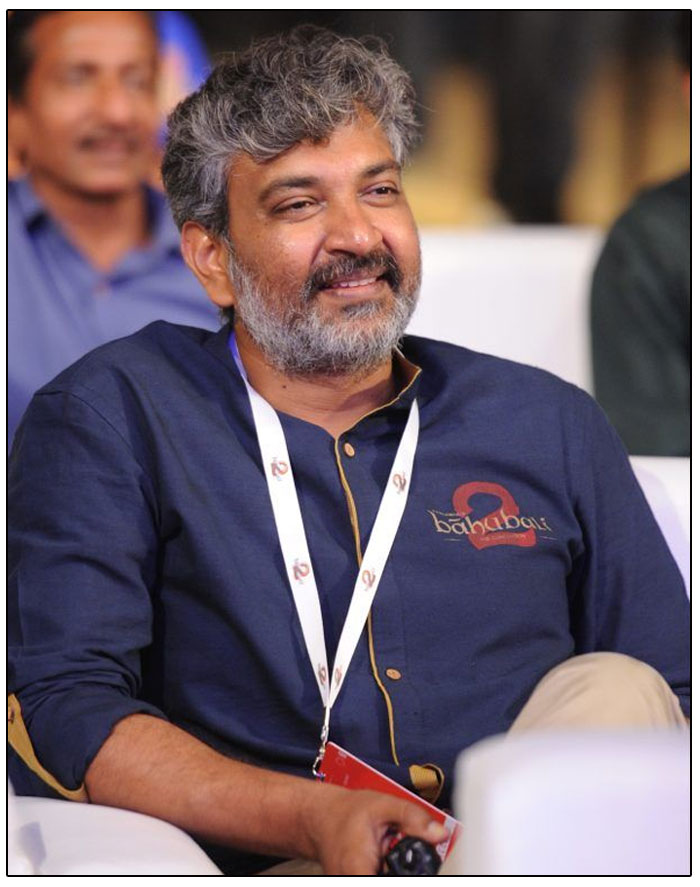Rajamouli Myth Decoded
Analysing the myth of Rajamouli

Rajamouli myth decoded.Busting the Myth: Is There Really an "SS Rajamouli Post-Movie Curse"?.SS Rajamouli, the name synonymous with cinematic spectacle and groundbreaking storytelling in Indian cinema, has a track record of delivering blockbuster hits. However, a peculiar myth has taken root online: the "SS Rajamouli Post-Movie Curse." The belief suggests that actors who grace the screen in Rajamouli's masterpieces face a string of failures in their subsequent films. While the myth has gained traction, is there any truth to it? Let's delve into the origins of this belief and examine if it holds water.
The Myth's Origins:
The "curse" narrative can be traced back to 2001, when Rajamouli burst onto the Tollywood scene with "Student No. 1," a coming-of-age action romance that catapulted Jr NTR to stardom. However, NTR's subsequent film, "Subbu," underperformed, sparking the notion of a post-Rajamouli jinx. This perceived trend continued in subsequent years. For example, NTR's 2003 blockbuster "Simhadri" was followed by the 2004 commercial flop, "Andhrawala."
A Pattern of Coincidences?
This trend continued with other actors. Nithiin's 2004 hit, "Sye," was followed by the underwhelming "Allari Bullodu," and Prabhas, who rose to fame with "Chatrapathi" (2005), saw his next film, "Pournami," struggle at the box office. These coincidences fueled the "curse" myth, leading many to believe that Rajamouli's films, while successful, left their lead actors with a streak of bad luck.
Debunking the Myth: Reality Versus Superstition
While the "curse" narrative is intriguing, it's essential to remember that film success is multifaceted. It depends on factors like script quality, direction, marketing, and the overall appeal to audiences, not on superstition.
High Expectations: Rajamouli's films set a high benchmark with their grandeur, compelling narratives, and intense characters. When actors move to other projects, audiences often expect the same level of spectacle, which isn't always achievable. This can make it difficult for subsequent films to live up to the hype, leading to a perceived decline in success.
Time Commitment: Many of Rajamouli's films require actors to invest years in their roles. For example, Prabhas dedicated five years to the "Baahubali" franchise. Such long commitments can make it challenging for actors to transition immediately to new roles, especially if those films don't offer a similar cinematic experience.
Breaking the Cycle: Actors Who Defied the Myth
It's worth noting that not every actor has fallen victim to the supposed curse. Nani, who starred in Rajamouli's "Eega" (2012), followed up with the successful "Yeto Vellipoyindhi Manasu" (2012), demonstrating that the "curse" is not an ironclad rule.
Conclusion: Fact Versus Fiction
The "SS Rajamouli Post-Movie Curse" is an entertaining internet myth, but it lacks any real evidence. While patterns may suggest challenges for actors after starring in his films, these challenges can be explained by logical factors rather than superstition.
As long as Rajamouli continues to deliver cinematic masterpieces, the focus should remain on celebrating his contributions to Indian cinema, not on entertaining baseless myths. His ability to elevate actors and create memorable cinematic experiences is undeniable, and his work continues to inspire and entertain audiences worldwide.




 Interesting Update On Drishyam 3
Interesting Update On Drishyam 3 Prabhas To Propel Suriya Kanguva
Prabhas To Propel Suriya Kanguva